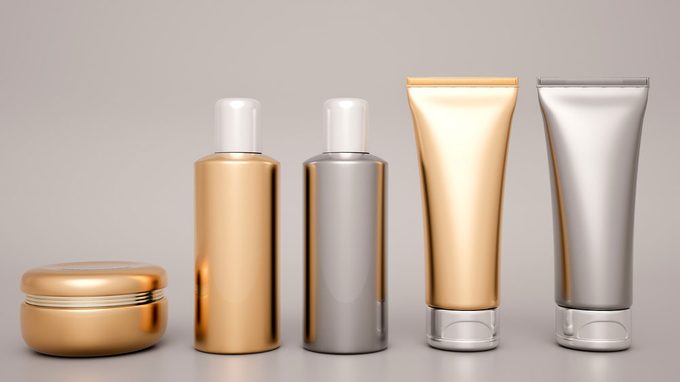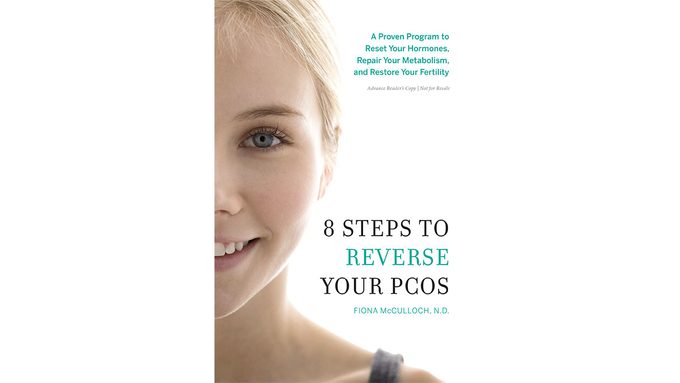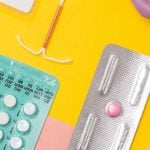What Exactly Are Endocrine Disruptors And Why You Should Care About Them
For women with PCOS, some products and foods can affect their hormones. Find out what products in your home could be endocrine disruptors.

What are endocrine disruptors?
Endocrine disruptors are powerful chemicals that can scramble our hormonal messages from their most basic origins.
Chronic exposure to these compounds, particularly in pregnant women, unmasks and turns on the genes for Polycystic Ovary Syndrome that will be seen at the time of puberty when the hormones activate. This effect persists and compounds through generations. Although it is a challenge to actually change the effect of endocrine disruptors, awareness is critical. These compounds continue to be added to not only our environment but also to our bodies and to those of our children and future generations.
Limiting your exposure to chemicals that can affect your hormones
Although it is true that endocrine disruptors are everywhere, there are ways we can reduce our exposure to them. Some things we can do include avoiding plastics in our food or when cooking, and being mindful of the beauty products and household cleaners we use, as follows:
Plastics
• Avoid using plastics and choose stainless steel, glass, or ceramics whenever possible. Most containers are now available in these materials, thankfully.
• Never microwave or heat up plastic containers containing food. Chemicals from the plastic will leach into your food.
• Avoid plastic wrap when possible, and never use it for heating food.
• Don’t reuse plastic bottles. The BPA will leach out increasingly over time.
• Avoid canned foods or choose BPA-free cans.
• Do not use plastic water bottles that have heated up in the sun.
• Never use plastic sippy cups for children or plastic baby bottles. There are many glass and stainless steel options available.
Food and cooking
• Whenever you can afford to do so, choose organic foods. This is particularly true of the infamous “dirty dozen,” a list compiled each year by the Environmental Working Group of the twelve most heavily contaminated crops. The list typically includes apples, celery, cherry tomatoes, cucumbers, grapes, peaches, nectarines, potatoes, snap peas, spinach, strawberries, sweet bell peppers, and kale/collards.
• Peel all nonorganic fruits and vegetables.
• Buy hormone‑free, organic, grass-fed meats when possible.
• Choose organic, locally grown seasonal foods. These are often less contaminated, as they don’t need additional preservation to stay fresh over a long transportation journey.
• Drink reverse osmosis water, as this can filter out most chemical residues.
• Avoid using nonstick cookware. Instead, choose ceramic, cast iron, stainless steel, or glass.
Beauty products and household chemicals
• Avoid cosmetics and creams containing parabens.
• Avoid BHA and BHT. These are often used in moisturizers and makeup.
• Use chemical-free soaps and shampoos whenever possible.
• Avoid nail-care products with dibutyl phthalate.
• Check your beauty products on the Environmental Working Group to determine their potential for toxicity. The cosmetics database is a wonderful resource that is constantly updated.
• Avoid using bleached coffee filters. These can result in a lifetime exposure to dioxin that creates risk for endocrine disruption.
• Avoid using pesticides in your garden or on your lawn.
What about soy?
Soy can be problematic for women with PCOS for a variety of reasons. The vast majority of soy is sprayed with the herbicide Roundup (glyphosate). Recently, the World Health Organization’s International Agency for Research on Cancer concluded that glyphosate is “probably carcinogenic to humans.” Soybean oil is used widely in the US as well, which is a processed oil, primarily Omega 6 polyunsaturated fatty acids that can contribute to inflammation and is extracted with chemical solvents. Soy also contains relatively high amounts of isoflavones. Although these plant compounds are not actually estrogen, they can fit into the same receptor as estrogen in the human body and can activate or block the receptor (generally weakly). Since women with PCOS tend to have difficulties ovulating, they often have abnormalities in their patterns of estrogen secretion and so depending on the amount and pattern in which it is consumed, soy could be a complicating factor in hormonal regulation. In addition, animal studies have shown that soy isoflavones can stimulate the proliferation of breast cancer cells. It’s possible that small, occasional amounts of organic soy in whole food form may be no reason for concern but avoiding the regular consumption of soy products as well as all processed dietary soy is ideal.

The above was excerpted from 8 Steps to Reverse Your PCOS: A Proven Program to Reset Your Hormones, Repair Your Metabolism, and Restore Your Fertility by Fiona McCulloch, BSC, RAC, ND. Dr. McCulloch, founder and owner of White Lotus Integrated Medicine, is a naturopath practitioner having worked with thousands of people seeking better health over the past 15 years.




